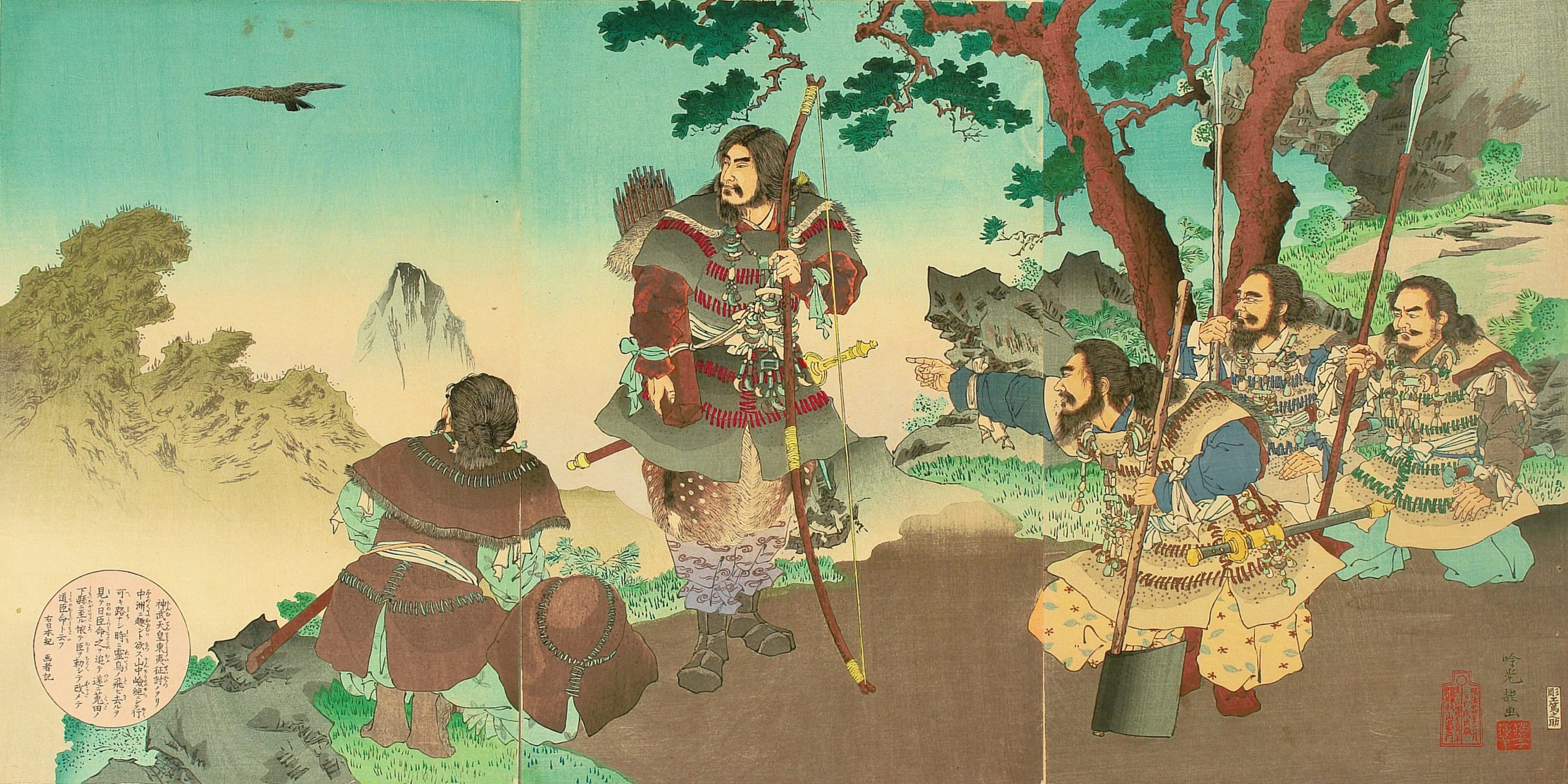
Emperor Jimmu
神武天皇Emperor Jimmu was the first emperor of Japan, according to Japanese mythology. He is said to have ascended to the throne in 660 BC, and his reign is considered to be the beginning of Japan's imperial line. The exact details of his life and reign are shrouded in myth and legend, but he is widely recognized as a significant figure in Japanese history.
Jimmu is said to be the son of the sun goddess Amaterasu and the great-grandson of the god of the underworld, Izanagi. He is also said to have been a powerful warrior and leader, and to have conquered the eastern lands of Japan to establish the imperial line.
Despite the lack of historical evidence for his existence, Emperor Jimmu is widely revered in Japan as a symbol of the nation's unity and continuity. He is often depicted in art and literature as a wise and powerful ruler, and is seen as the embodiment of the values and ideals of the Japanese people.
In modern times, Emperor Jimmu continues to play a role in Japanese culture and politics. He is often mentioned in political speeches, and his image is used to promote patriotism and nationalism. He is also a popular subject for scholars and historians, who seek to understand the origins of the imperial line and the role of myth and legend in shaping Japanese history.
In conclusion, Emperor Jimmu is an important figure in Japanese history and culture. Whether he truly existed as a historical figure or not, his legacy continues to shape the way that the Japanese people think about their nation and their place in the world. His image and legacy serve as a reminder of the strength and resilience of the Japanese people, and of the importance of unity and continuity in the face of adversity.
Last Updated: